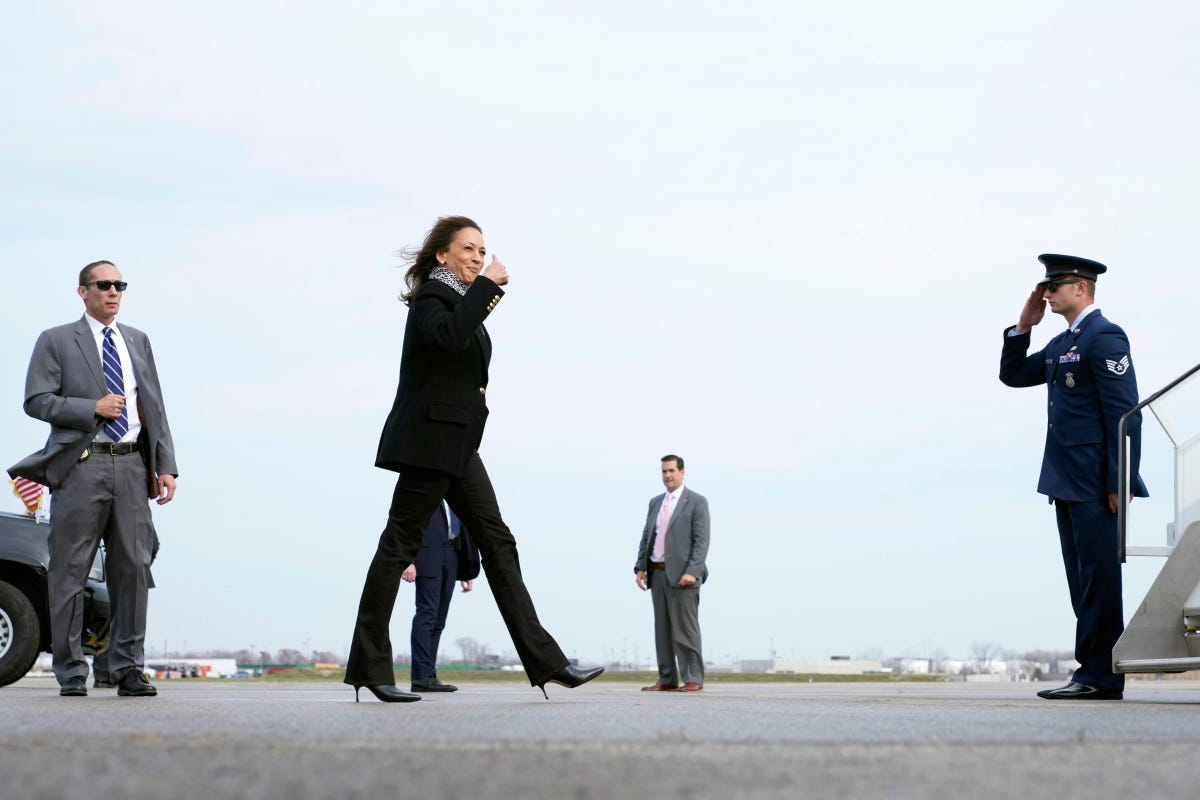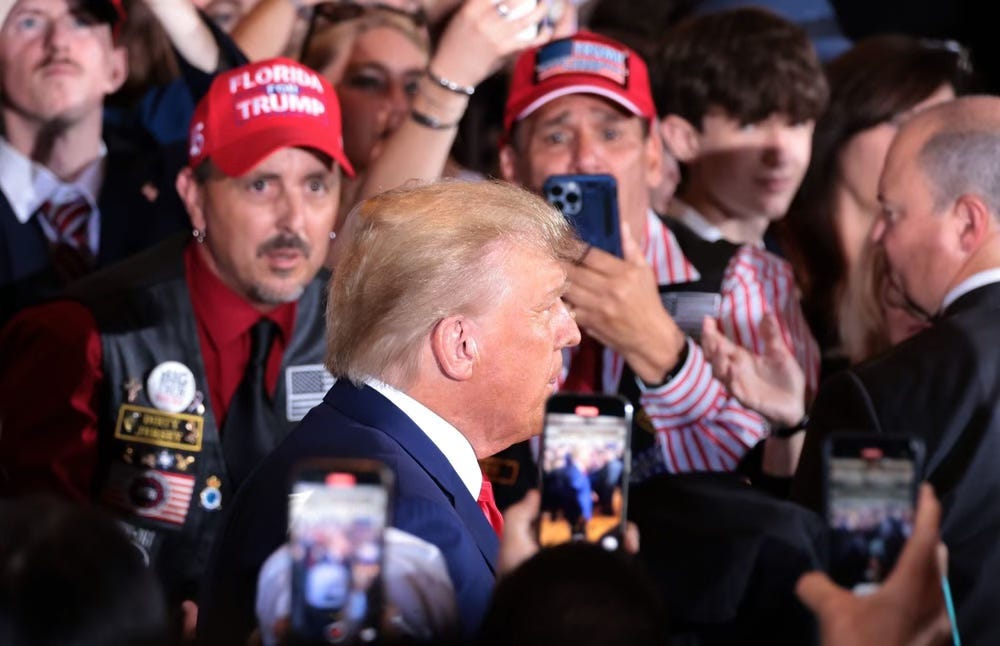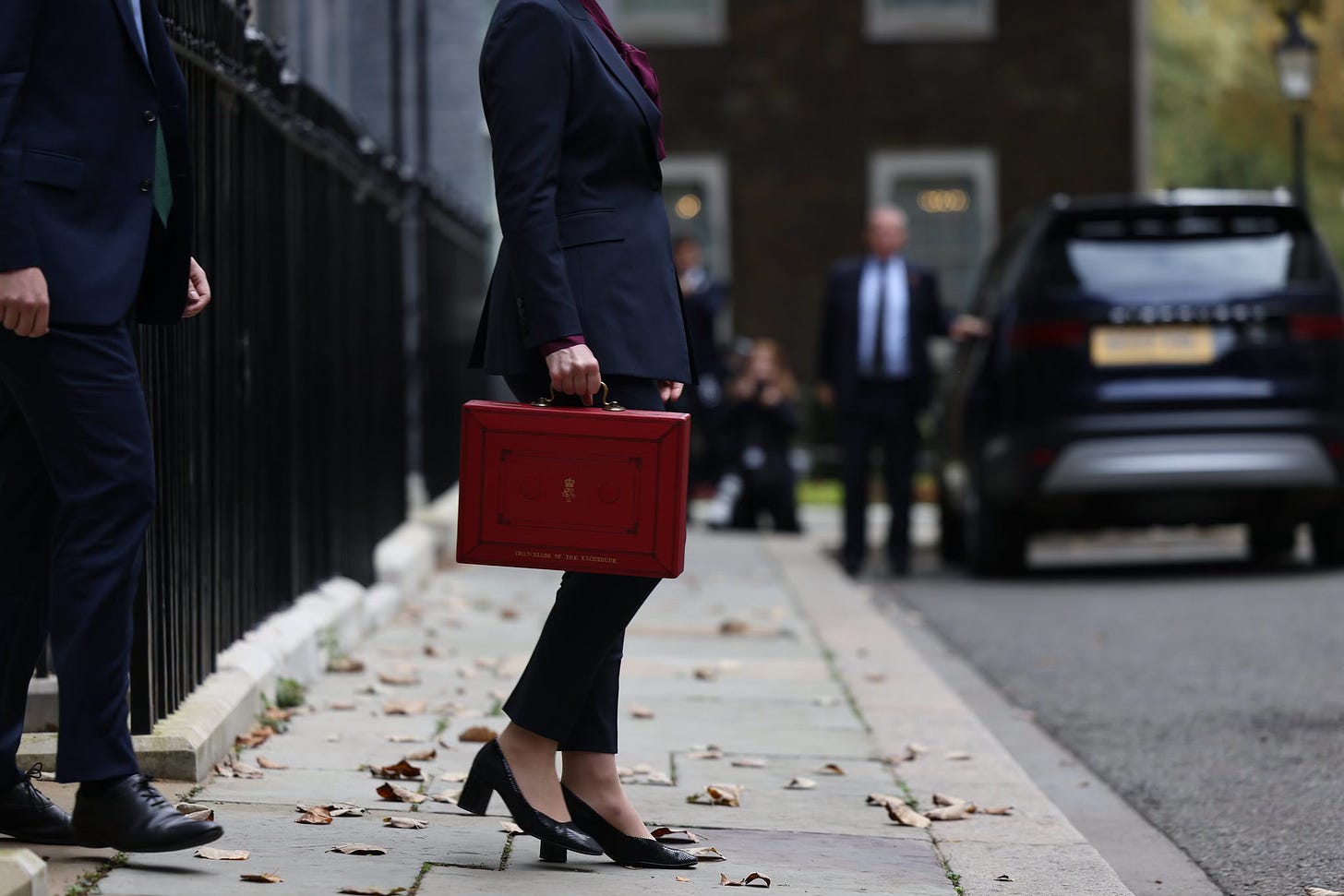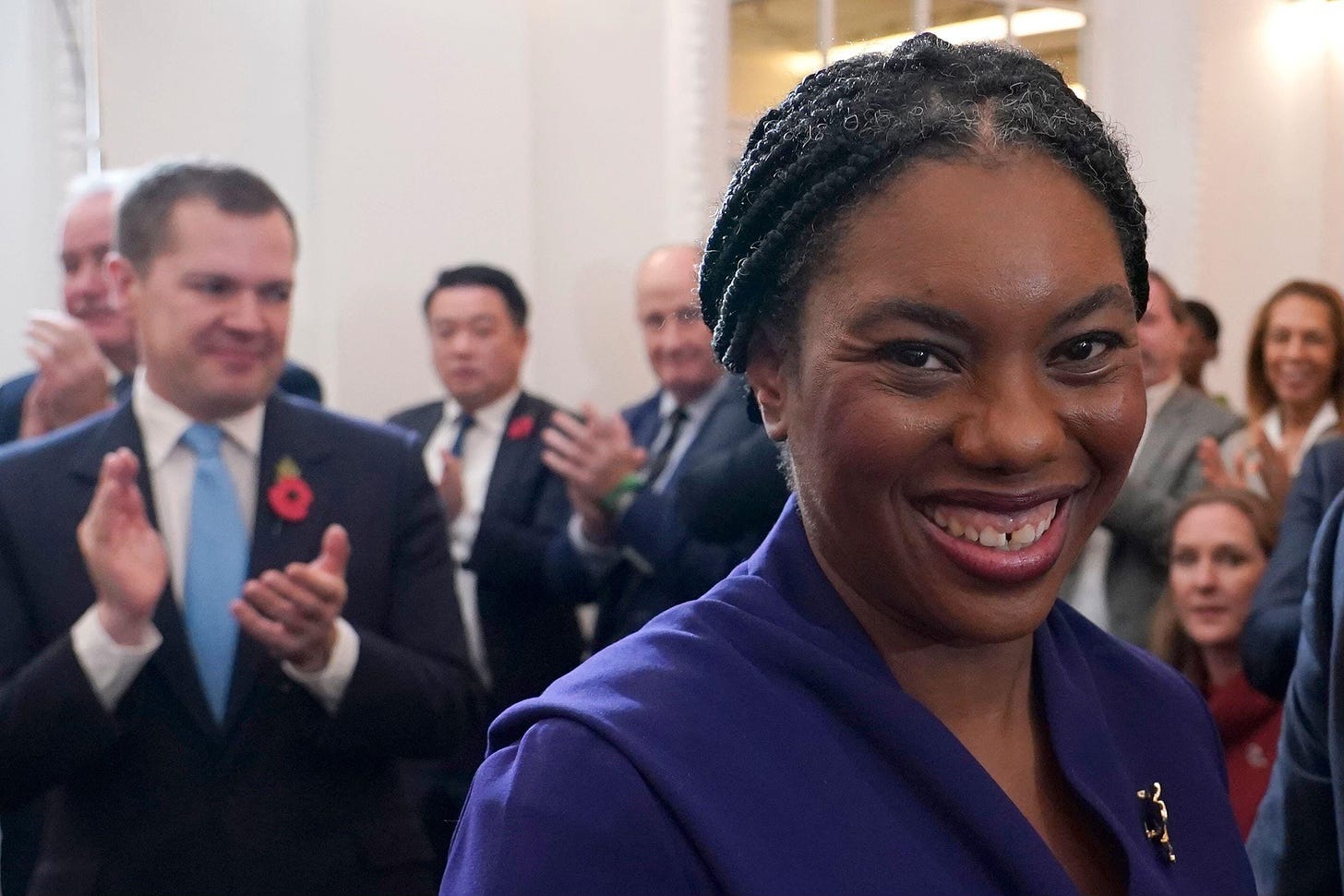Kamala Harris and Donald Trump are on a last-ditch mission to sway voters in the Rust Belt today, on the eve of one of the most unpredictable election races in US history, writes Caitlin Allen.
Both Harris and Trump are holding rallies this evening in Pennsylvania, and for good reason too. The country’s fifth most populous state is deemed the biggest prize of election night, or, in the words of former congressman Patrick Murphy, the “grandaddy of all swing states”.
According to calculations by elections analyst Nate Silver, the candidate who wins Pennsylvania has a more than a 90% chance of securing the keys to the White House. Polling puts the race between Harris and Trump there at a virtual dead heat.
While Trump is also visiting swing states of North Carolina and Michigan today, Harris is focussing all her efforts on Pennsylvania, and will be joined by famous faces including Lady Gaga and Oprah Winfrey on her final campaign trail.
Early turnout for Tuesday’s election is vast. Over 78 million Americans have already voted - virtually half of the total 160 million votes cast in 2020.
Nationally, Harris has a one-point advantage over Trump. And a shock new poll which puts Trump three points behind his opponent in Iowa - a state he won easily in both 2016 and 2020 - has offered Harris a last minute boost.
However, in the seven battleground states that will ultimately determine this election - Arizona, Georgia, Michigan, Nevada, North Carolina, Pennsylvania and Wisconsin - the polls are within the margin of error. The latest New York Times poll survey has Harris slightly ahead in Nevada, North Carolina and Wisconsin, with Trump up in Arizona and the other three states too close to call.
If the Democrats win Pennsylvania, Wisconsin and Michigan, along with one congressional district in Nebraska, Harris is the next president. But if the Republicans carry Pennsylvania, North Carolina and Georgia, Trump is back in the White House.
While the eventual outcome is genuinely anybody’s guess, here are the practicalities of what we can expect to unfold over the next 48 hours.
Voting in the US - which stretches across six time zones - will start as early as 10.00 GMT tomorrow morning, and go on as late as 06.00 on Wednesday.
At midnight tomorrow GMT, the first polls on the East Coast will close and counting begins.
Georgia and North Carolina are expected to give an early indication of how the candidates are faring since results in these swing states come in relatively quickly. The former state was only narrowly won by Joe Biden in 2020 while the latter was the only swing state that Trump secured over Biden last time round.
At 1 am, a flurry of further polls close, including, ever so crucially, in Pennsylvania. Biden won Pennsylvania in 2020, and Trump before that. With the biggest number of electoral votes up for grabs - at 19 - the mathematics have long demonstrated that securing this battleground state is key.
Around 2 am, polls will close in the remaining swing states of Michigan, Wisconsin, Nevada and also Arizona, a border state at the epicentre of the nation’s immigration debate.
The final poll to close will be in Alaska at 6am. Though it’s very unclear how long we’ll then have to wait before a winner is declared.
In 2016, the election was decided within just hours of polls closing. But, last election, the Associated Press declared Joe Biden the winner four days after polls closed, with North Carolina called 10 days after election day for Trump and Georgia not called for Biden until 16 days later after votes had been recounted by hand.
In a race as tight and polarising as this year’s, to hope for a speedy resolution would probably be wishful thinking. Both sides could launch legal challenges to contest results, while Trump and his most ardent supporters are very unlikely to accept defeat without a fight.
Caitlin Allen
Deputy Editor
ON REACTION TODAY
Bryan Sullivan
Guerilla lawfare will break out if Trump loses
READ HERE
Ian Stewart
Britain’s Budget - one and done?
Iain Martin
Badenoch and Budget give the Tories a good shot at renewal and revival
ALSO KNOW
University fees in England to rise - Education Secretary Bridget Phillipson has announced that university fees in England will rise for the first time in over eight years, with the annual cap on fees increasing by £285 to reach £9,535 – representing a 3.1% hike in costs.
Bandeoch’s team - Kemi Badenoch has started appointing her shadow cabinet today ahead of her first shadow cabinet meeting on Tuesday. Dame Rebecca Harris is chief whip, Nigel Huddleston and Lord Johnson are joint party chairmen, Laura Trott is shadow education secretary, Mel Stride is shadow chancellor and Priti Patel is foreign secretary.
Maia Sandu wins the Moldovan election runoff - Moldova’s pro-EU President has gained a second term in office after defeating her pro-Russian adversary Alexandr Stoianoglo by 55% to 45% in a controversial election mired by Russian interference, voter fraud, and intimidation. While Sandu congratulated the population on their victory over “hostile” outsider forces, this election highlighted Moldova’s vulnerable electoral and judicial frameworks.
Putin meets Choe - Vladimir Putin met in Moscow today with North Korean foreign minister Choe Son Hui who has been in Russia for a week. Meanwhile, EU Foreign Policy Chief Josep Borrell visited Seoul today to discuss North Korean involvement in Russia.
FIVE THINGS
Selected by the Reaction Team - Dorian Bovay
Maia Sandu's victory in second round of Moldovan election shows limits to Moscow's meddling writes Stefan Wolff in The Conversation
The US election is the immigration election, writes Batya Ungar-Sargon in Compact Magazine
Ukraine slams Google for revealing location of military sites, reports Seb Starcevic in Politico.
“Sin City could be called Solar City”: How Las Vegas is going green. Lucy Sheriff in BBC Future
Xi may lose his gamble, writes Michael Shuman in The Atlantic







